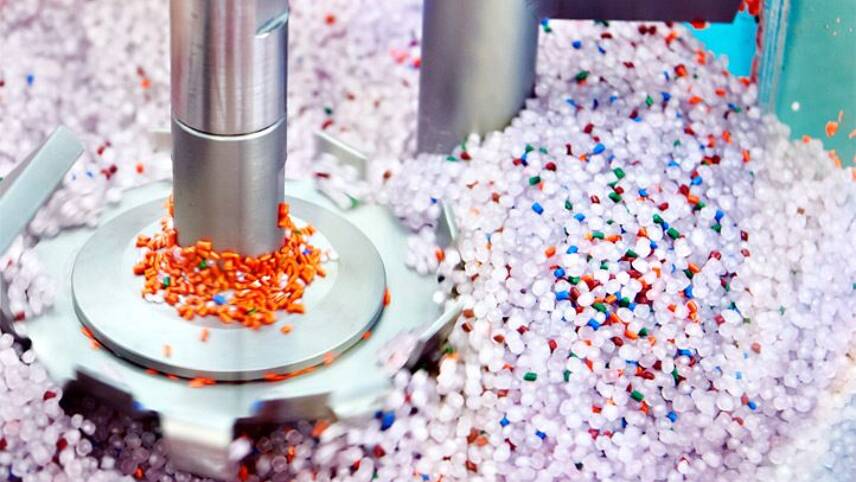Register for free and continue reading
Join our growing army of changemakers and get unlimited access to our premium content

The majority of PLFs are non-recyclable and rely on fossil-based petrochemical sources, resulting in more than 36 million tonnes of unrecovered ingredients annually
The report provides a blueprint for sector-wide change, aiming to make the $125bn industry sustainable by 2040.
The taskforce has established two industry missions: developing and scaling biodegradable PLFs by 2030 and advancing circular economy infrastructure for PLFs by the same year.
The roadmap identifies nine priorities to speed up the transition to a sustainable ecosystem, including establishing a ‘Biodegradability Network’ for knowledge-sharing among universities and research labs to advance PLFs’ biodegradability.
The RSC industry associate Professor Anju Massey-Brooker said: “We are being deliberately ambitious. The scale of this challenge is immense; PLFs can be found in everything from cosmetics and make-up to fertilisers and lubricants for machinery.
“However, with the right funding and collaboration, we can design biodegradable PLFs and put in place the infrastructure needed to create circular economies for them, so that products retain their usefulness while being more sustainable.”
The majority of PLFs are non-recyclable and rely on fossil-based petrochemical sources, resulting in more than 36 million tonnes of unrecovered ingredients annually, equivalent to filling the Wembley Stadium 32 times, according to the RSC. PLFs are used in a range of products including paints and inks, adhesives, lubricants and soaps.
The taskforce further calls on the UK Government to establish a national chemicals regulator to set high regulatory standards.
BASF senior sustainability manager Tony Heslop said: “As the global population grows, demand for PLFs will only increase – and our industry needs to take the transition to a sustainable PLFs ecosystem seriously.
“This means moving away from fossil to biobased feedstocks and creating a circular economy to minimise waste and maximise reuse and recycling.”
Croda, a specialty chemicals manufacturer and RSC taskforce member, recently collaborated with the Universities of Nottingham and York on an Engineering and Physical Sciences Research Council (EPSRC) project to develop sustainable PLFs using AI.
Plastic bag use plummeting
The PLFs announcement from the business giants comes as the UK Government provided an update on the success of its single-use carrier bag charge.
Defra recently announced that the 5p single-use carrier bag charge, introduced in 2015, prevented more than seven billion plastic bags from polluting the environment.
Usage at major retailers decreased by more than 98%, and the average person in England now buys just two single-use carrier bags annually from these businesses, down from 140 in 2014.
In 2022/23, retailers sold 133 million bags, marking a 33% reduction from the previous year. The charge increase to ten pence and extension to all businesses in 2021 led to a further 35% decrease in bag usage.
Environment Minister Rebecca Pow said: “We are determined to do more to tackle plastic pollution at source, with further bans on single-use products starting in October and our deposit return scheme will cut litter and drive-up recycling rates. We continue to encourage all relevant retailers to play their part in further reducing the use of single-use carrier bags.”


Please login or Register to leave a comment.